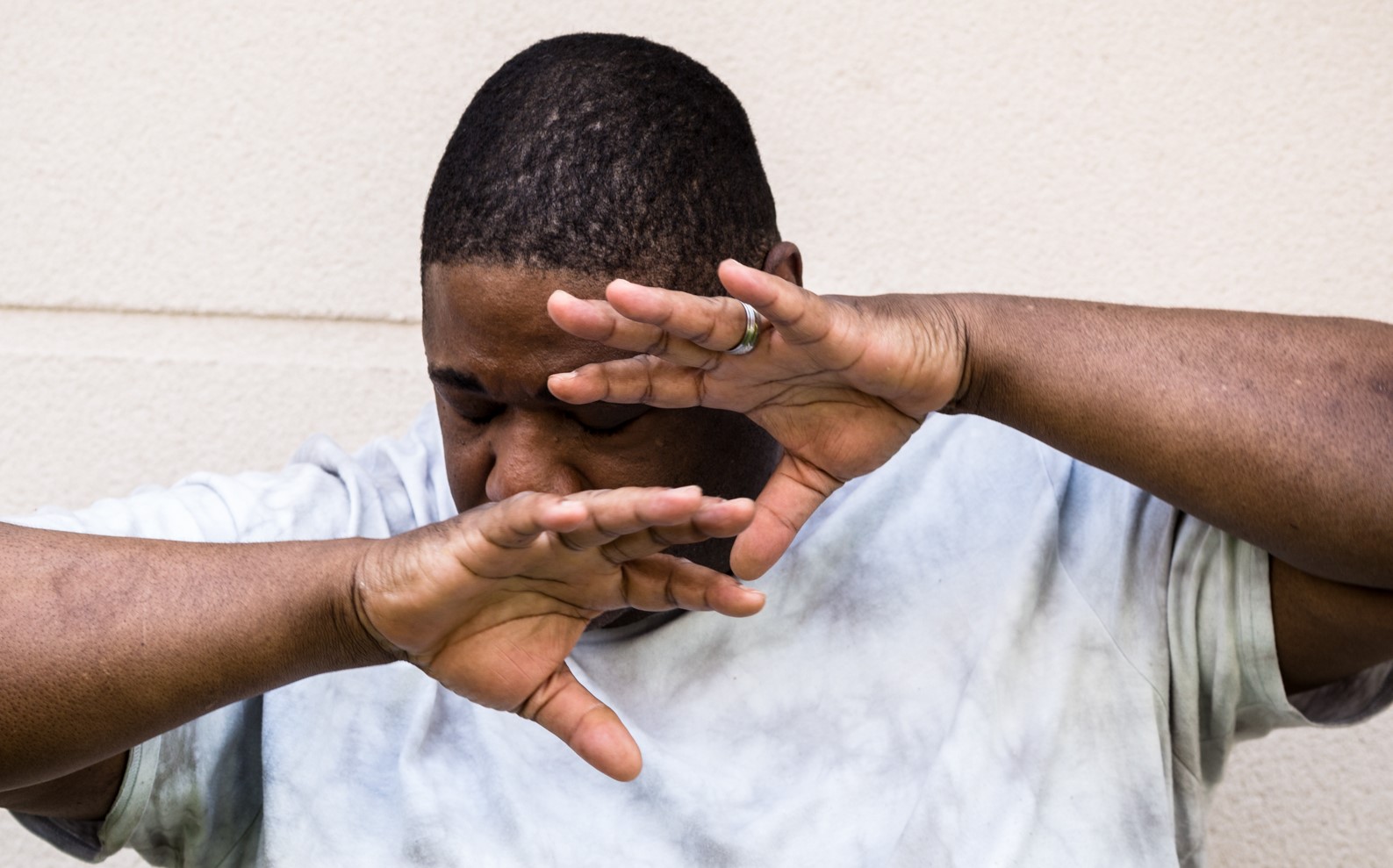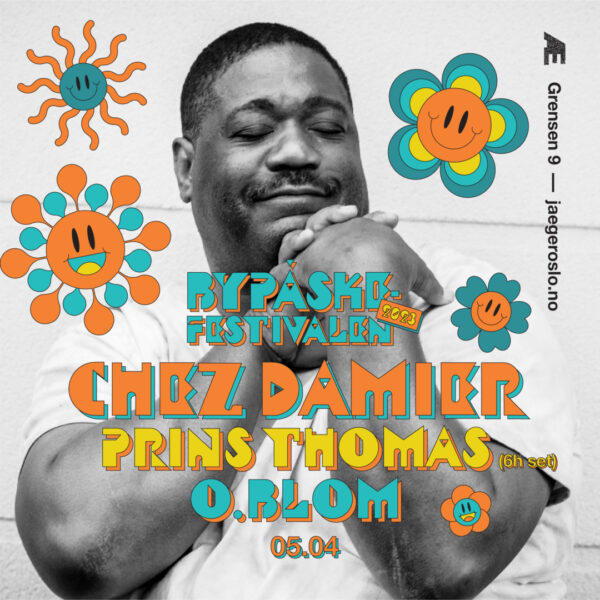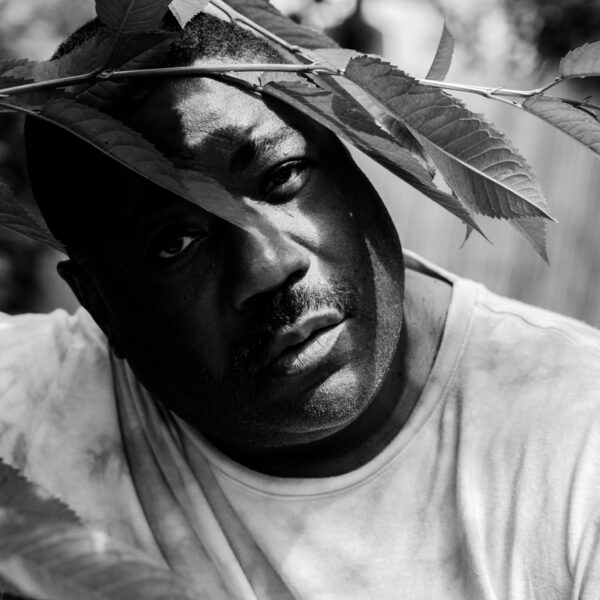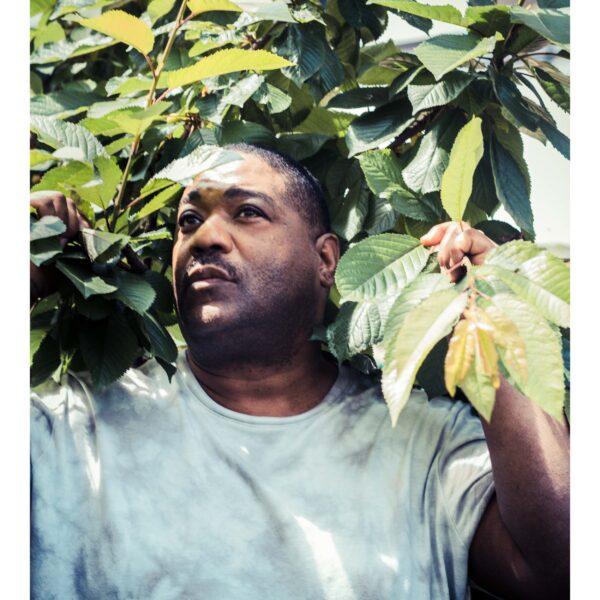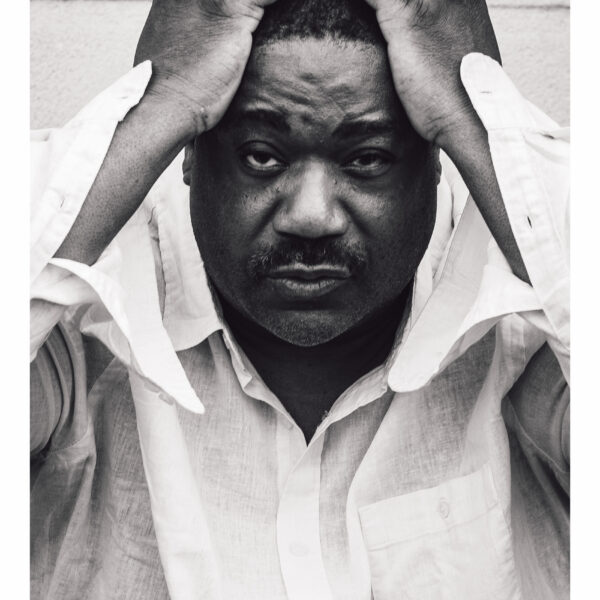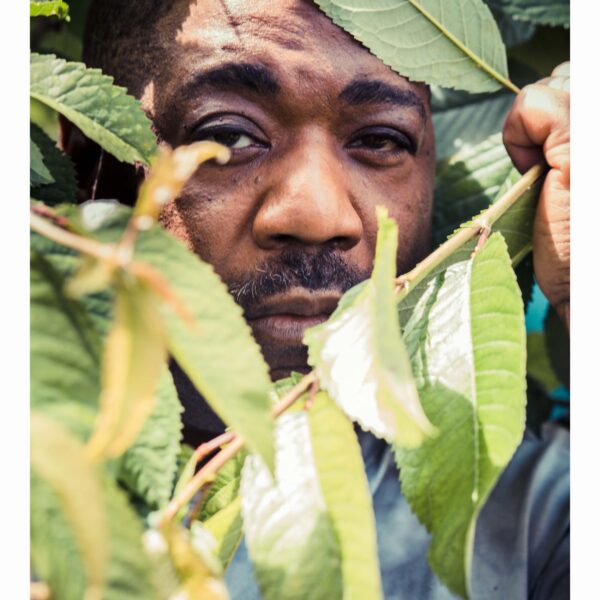Chez Damier’s legacy is dotted through the history of club music. From its early days in Chicago to its heyday in Detroit and its satellite adventures in New York, Chez Damier was there. What started on the dance floor went on to the booth and beyond as he became an uncompromising epitome in the nascent sound of House music with tendrils of influence that extended towards styles like proto-Techno and to new regions like Paris.
He played pivotal roles in the creation of KMS (Kenny Saunders’ label), the legendary Music Institute in Detroit and the Belleville Three (Techno’s original figureheads) before going on to establish his own path with Ron Trent in the creation of the now legendary Prescription and Balance Records. Besides contributing to some of the label’s biggest releases like Foot Therapy and Morning Factory, the labels also offered a platform for the likes of Romanthony and Stacey Pullen, from which they went on to achieve greatness.
Chez Damier’s contributions to dance music in its earliest forms were fundamental to the development of the scene and its eventual popularity. By the late nineties he and Ron Trent had been installed in the annals of House music as legends, but such was Chez Damier’s integrity and dedication to the music that when he could have easily cashed in on his popularity he instead took an hiatus. When Ibiza and festival stages came calling, it was so far removed from those humble beginnings, that he took some time off and waited out the storm.
After what would become a lengthy absence, he came back even more determined and more enthusiastic. He took up Balance records where he left off, established House of Chez alongside, and immersed himself back in the scene as a DJ and an artist. As a producer that always sought that collaborative artistic process he has engaged with many new and exciting producers, establishing projects like Heart 2 Heart, and channelling that impetuous spirit of House music’s origins into the present for the next generation.
He is, needless to say, an accomplished and seasoned DJ with the accolades of a veteran in his field and yet he is still buoyed by that enthusiasm of his 15 year-old self, discovering House music for the first time. His sets are undeniably unique in today’s landscape and as he prepares another for Jaeger we caught with the DJ, producer and label owner to find out more. He talks about those early days; his hand in coining the term Techno; new beginnings; and having that last dance with Frankie Knuckles.
*Chez Damier plays ByPåskefestivalen this Wednesday
Hello Chez. It’s truly an honour to be speaking to you. I believe we’re catching you at an interesting period with the new label House of Chez and a lot of new music coming from you. Is there something particular about this time and place that‘s inspiring these new projects?
Yes, it’s a new generation. With a new generation there’s always new inspiration. So, new inspiration and being able to continue to sow back into the community or the culture that we’ve worked so hard to keep going.
House of Chez alludes to your interest in fashion. I’m reminded of something that Sadar Bahar told me; that House music was a lifestyle more than a genre of music back at its beginnings. Is this you bringing these two worlds together again and where is crossover for you in these two creative outlets?
Yes, since I started out, I’ve been inspired by the fashion aspect, so now I’m going to incorporate that in probably doing some merchandising, some shirts and t-shirts. I think it’s a full circle for me in particular, more than anyone else.
I believe there’s a Heart 2 Heart album on the way too. What can you tell us about it and what does it represent in terms of where you are at the moment in terms of the music that inspires you?
That’s like my baby now. That’s the first album project that I’ve ever worked on. It’s just special all the way around. I can’t tell you if there is anything particularly special, but the sessions were amazing. It was all written and recorded in Paris over a four and a half year period; going to Paris four and five times a year, for about a week at a time. So, it was a long process because of the distance. We never once brought the project into our own world, only when we came together. H2H is a super special project for me.
This new project is you working with another artist again. You’ve worked with so many people in the past, and some legendary figures to boot. How is H2H different, and how is it the same as the other collaborations?
Actually to be honest with you, the only thing that changes when working on this project or collaborating with other people, is that you grow. So you learn how to put the egos down, you learn how to put the muscle flexing down, you learn how to cohesively understand people’s energy, and that’s something only time could have taught me. Especially someone who has as much energy as you, so this makes it more special than all the other ones.
Funny enough, I was talking to MK about doing a mix on this project, because he was the first person I was a student of and it was kind of funny talking to him about my first new album project versus the very first time we worked together. What makes it special this time around, is maturing.
In H2H’s case your partner is somebody with strong Techno associations. Back in the day there was a lot more of a fluid approach between dance floor genres, and over the years it’s gotten more reductive. As somebody with a foothold in both the origins of House and Techno, how do you get around those strict parameters, especially today?
Actually technically, I’m probably the first in the electronic business to combine House and Techno. Because my roots were in Chicago, dance culture was also in New York, but my experience of music was in Detroit. So, Detroit is where I learnt my sound, and its combination (of all that). I don’t get around it actually, I just look at it as energy. Here’s what I want to do, I want to share my soul. I know it could be easy to follow the trends and do the 3 seconds hands up in the air. I just refuse to do it. If I have to do it, I quit. Don’t get me wrong, the person who has energy has energy from the start. I like it all, and I’m always going to incorporate it in my music and my sets.
You’ve not only been a part of a scene, but actually helped establish it. What keeps you motivated and drives the momentum in your creativity and work these days?
It’s always knowing that you don’t know. It’s always having the wish that you want to try something you haven’t tried before. It’s also learning more about your energy and how to work with other people’s energy. So, to me that’s the inspiration. I’m not an on-demand artist, I’m not a machine. So when God gives me the inspiration to do something, I’m just doing it. I’m just being a vessel at this point.
I know you took a little break from it all back in the early 2000’s and I admire your resolve at that time in not going down the hyper-commercial rabbit hole. Ultimately it was the right decision, but what brought you back into the fray?
What brought me back is this young artist out of Paris named Brawther. He brought me back, because he made me realize the initial mission was never completed. When me and Ron started Prescription records, it was the intention to find like-minded artists like us, we created Balance to be that extended service of artists that also were motivated and inspired by different sounds. When we divided, I shut the whole thing down. So it was always like cutting something off and never seeing the continuation of it. Years later, Brawther gave me the inspiration to realize it wasn’t over.
What was the hardest part of coming back into it?
There was no hard part at all. It was very welcoming, thanks to Red Bull, thanks to Cyber distribution in Paris, thanks to my publisher in Paris. All of these people were very supportive, encouraging me to either reissue things or come back into the game. These people made it possible for me to do it without being stressful. I have Secret Sundaze to thank, because Secret Sundaze were also responsible for letting me be the first one to sign to their agency. That was really inspiring to work with them.
I heard it mentioned that you actually coined the original and first Virgin “Techno” compilation record, which went on to label that whole sound as Techno. Do you remember the circumstances around that and your involvement with that legacy?
Yes, I was the one that suggested it to be called Techno. I was just joining KMS at the time, and Derrick (May) was one of my DJs and the music institute. It was just like being ahead of my time, understanding what Juan Atkins was doing and trying to create something that I thought would collectively speak for what was happening at the time. Yes, along with Neil Rushton, I was the one that made the suggestion that we call it the Techno album. Many people don’t know that.
Do you have any regrets today in how Techno has been adopted as this kind of catch-all term that has somewhat gentrified the esoteric origins of that original Detroit sound?
I don’t really like what’s happened in Detroit today, to be quite honest with you. Because Detroit has narrowed the focus to Techno when it was a music capital since the beginning of time. I just don’t like where it’s going, I don’t like the whole kind of ”this is our situation,” when it took many people. It’s like; if you don’t understand the history, you don’t understand the future.
You were there for those seminal moments of House music’s creation from Chicago to New York. What were some of the key experiences for you personally during that time?
Actually it wasn’t even about personal experiences. It was about the newness. We were all fascinated by the fact that there were music bars and conferences that were built around this new music that we were being a part of. It was really inspiring to be face to face with other artists that were behind it. We didn’t have press at that time to show who these artists were. So when we were going to Chicago or New York it was always amazing to finally meet, greet or see these other artists. It was a very inspiring time, at least for me.
As somebody with this incredible legacy that you have, and the experiences you have from the booth, what were the most fundamental changes you’ve experienced in the scene over the years and what are some of your thoughts on where we are today compared to when you started?
One of the things that I would love to see more of when I have the pleasure to play, is people engaging and enacting with each other more, being inspired by one another. This will always be amazing to me. The things I don’t particularly care about, is what I see at a festival level. This quick sensation that people are getting for this peak moment, is complete suicide, if you ask me. To me, at the end of the day I don’t find it edifying. At the time, I think it’s going to cause some future problems.
Listening to a Chez Damier set today, Is there an element of something that people would find instantly familiar as Chez Damier, even as you play music from others?
Yeah, I mostly play music from others, and I’m still playing demos from myself, so people don’t know it’s me until they ask me. For me it’s more or less the same. In the beginning, I played more classics, because it was something that I had to prove my roots. This time I actually have the freedom. Before I was coming in with all my guns, but now I get the chance to tell a story. I think over time, people will be able to recognize me by the energy I bring and not necessarily about what they see.
Communicating with an audience is essential to the DJing experience and for that there’s usually a common ground between them and you. How do you maintain that connection with audiences that keep getting younger and younger and what other factors do you feel you are constantly having to adapt to as a DJ today?
I always put myself in their position. I was fifteen years old when I first got mesmerized by House music, and I was sixteen years old when I had my first Frankie Knuckles experience. So for me, I’m just giving back what I was given. It’s easier to relate to a younger audience when you can remember when you were young.
And besides that… what are you packing these days in terms of music and are there any records you’re particularly eager to bring to Oslo and Jaeger in a couple of weeks time?
Apart from a couple of cuts from the new album, just my presence, I’m eager to bring. And hopefully the spirit of Frankie Knuckles, because the last dance with Frankie k was in Oslo 9 years ago , which is also the anniversary of his passing. So for me, it’s an emotional moment, this year in particular. So it should be exciting.

